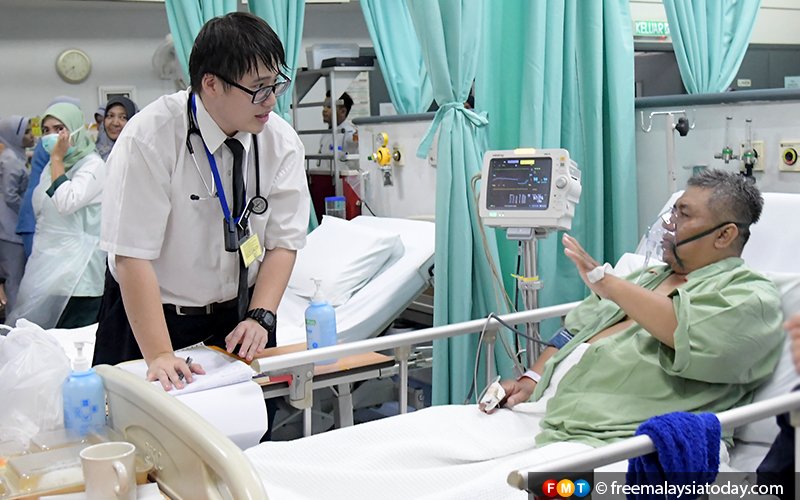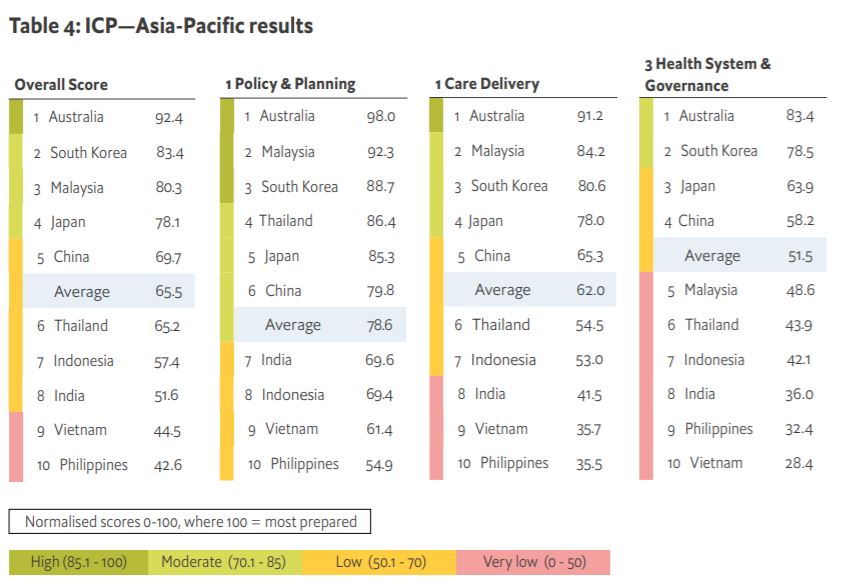Report: Malaysia Is The 3rd Most Prepared Country In Asia Pacific To Battle Cancer
The country was recognised for having one of the most high-quality national cancer control plans in ASEAN.
Malaysia has emerged the third most prepared country in the Asia Pacific to battle cancer in a study conducted by The Economist Intelligence Unit (The EIU)
The report titled Cancer preparedness in Asia-Pacific: Progress towards universal cancer control, and sponsored by Swiss multinational healthcare company Roche, sought to assess the different responses to the cancer challenge in the Asia Pacific.
In 2018 alone, the region had an estimated 8.8 million new cancer cases and 5.5 million deaths caused by cancer. As for Malaysia, cancer was the second leading cause of death in 2017.
In view of that, the report examined the readiness of healthcare systems in 10 countries including Australia, China, India, Indonesia, Japan, Malaysia, The Philippines, Thailand, South Korea, and Vietnam.
Malaysia scored an overall 80.3 out of 100, only behind South Korea (83.4) and Australia (92.4)
The countries were ranked based on The EIU's Index of Cancer Preparedness which had three main domains including Policy & Planning, Care Delivery, as well as Health System & Governance.
Malaysia performed well above the regional average score of 66.5.
The report said that Malaysia had a strong performance across the Policy & Planning and Care Delivery domains, but further progress can be made in the Health Systems & Governance category to enhance overall cancer preparedness.
The editor of the report said that Malaysia was recognised for having one of the most high-quality national cancer control plans in ASEAN
"Malaysia was recognised for its National Strategic Plan for Cancer Control Programme (NSPCCP), as well as for having one of the top-rated cancer registries in the region," said Jesse Quigley Jones, editor of The EIU's report.
He added that Malaysia also has a strong growth in government spending in health, but the current level of spending is still inadequate because the cancer burden is only set to grow with the country's rapidly ageing population.
"Like other middle-income countries, Malaysia should focus its efforts on closing persistent access gaps and ensuring the quality of services across the cancer continuum through technological innovation," suggested Jones.
He also stressed that middle-income countries like Malaysia should concentrate on preventive services and move from opportunistic to population-based screening.


